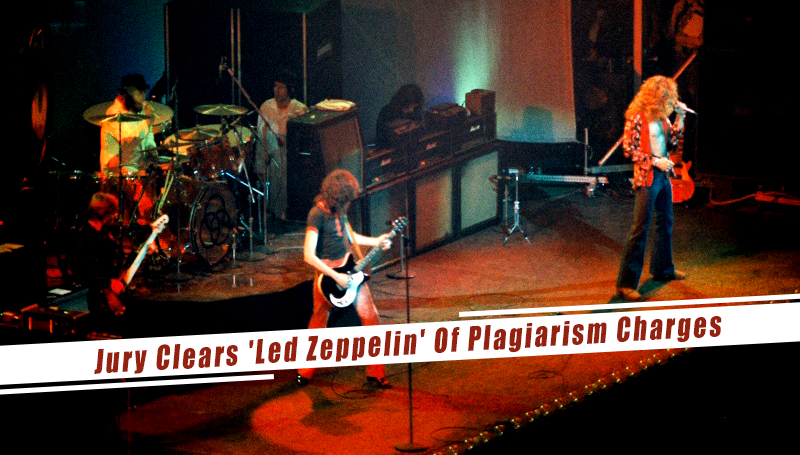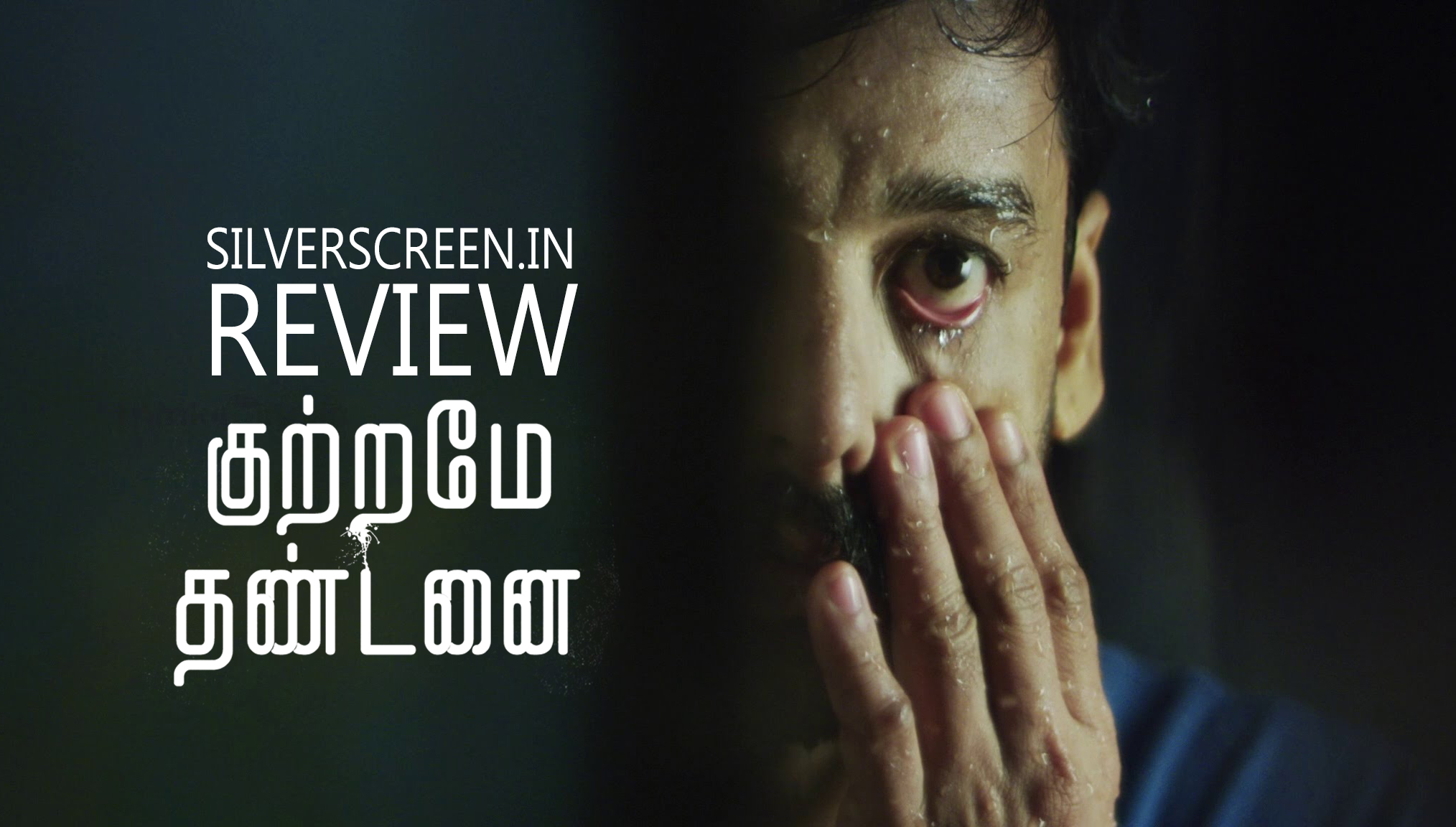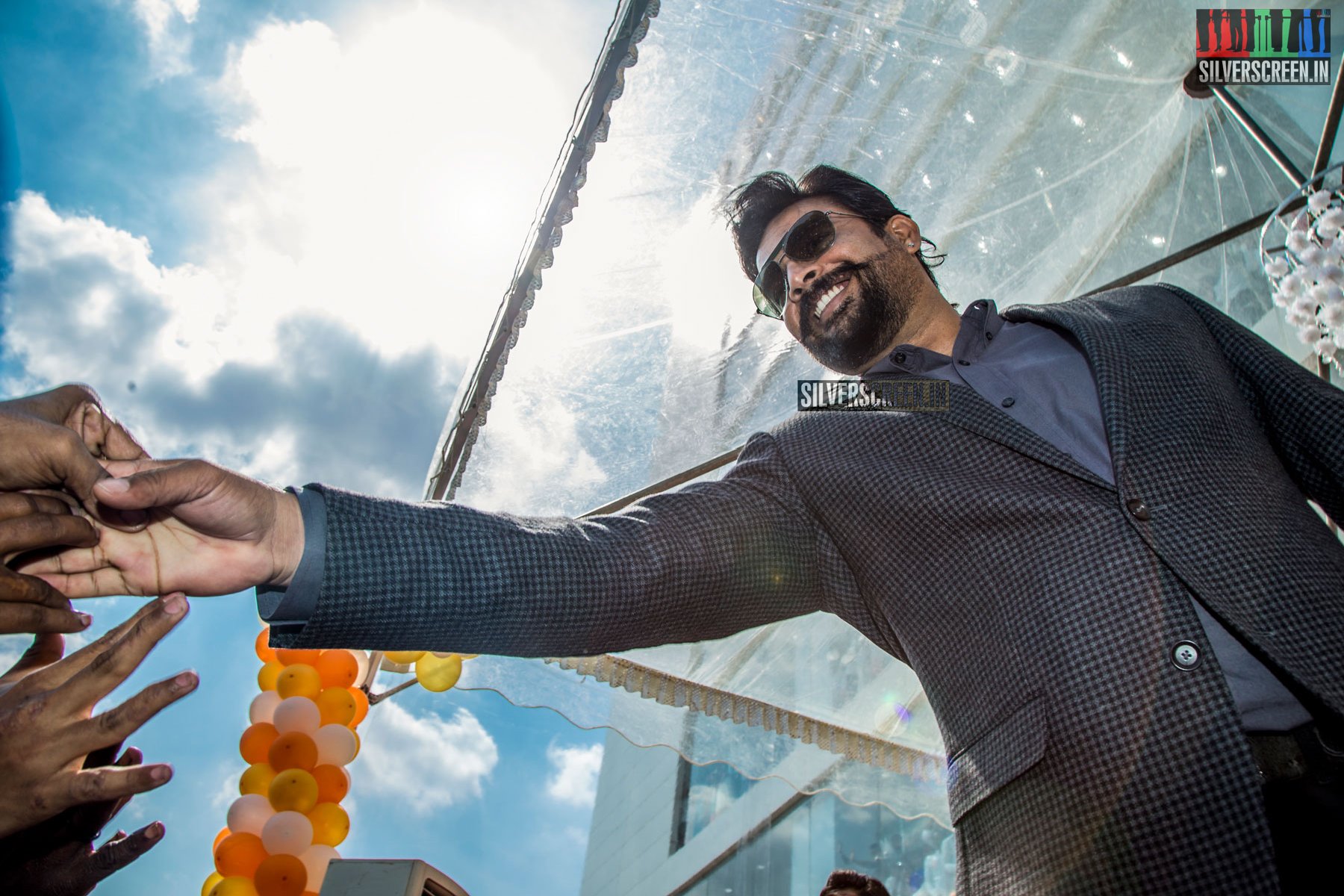A federal jury in Los Angeles has ruled in favour of the English rock band Led Zeppelin in a copyright infringement case that alleged that the introduction to their 1971 hit ‘Stairway to Heaven‘ was plagiarized from ‘Taurus‘, a song composed by the psychedelic band Spirit in 1967. ‘Stairway to Heaven’ has generated around $562 million in sales since its release in the 70’s. The lawsuit was brought by Michael Skidmore, a trustee acting on behalf of Randy ‘California’ Wolfe, a founding member of Spirit, demanding millions of dollars in royalties and a third of the writing credit for ‘Stairway to Heaven.’
Led Zeppelin is undeniably one of the greatest bands in history, and their musical talent is boundless. However, what happened to Randy California and Spirit is wrong. Led Zeppelin needs to do the right thing and give credit where credit is due. Randy California deserves writing credit for “Stairway to Heaven” and to take his place as an author of Rock’s greatest song. [Link]
In its defense, Led Zeppelin’s lawyer said that the trust didn’t own the copyright to the song and that the riff in question was a common sequence in the public domain. Randy California did not sue Led Zeppelin when he was alive, even though he felt that ‘Stairway to Heaven’ was a “rip-off.” In an interview with Listener magazine published the year of his death, Wolfe said, “The guys made millions of bucks on it and never said ‘Thank You,’ never said, ‘Can we pay you some money for it?'” he said. “It’s kind of a sore point with me. Maybe someday their conscience will make them do something about it.”
The trial – Michael Skidmore vs. Led Zeppelin et al – began in the summer of 2014. Led Zeppelin was set to reissue its first three albums when attorney Francis Alexander Malofiy stayed the release, expecting the rock band to at least credit Randy California for the album since the two bands worked together in 1968 and 1969. Randy California’s family had waited until 2014 to bring up the plagiarism issue as they could not afford an attorney for the case before. California had spent the last few years of his life playing sitar in an Indian restaurant in exchange for food before he died in 1997 while trying to save his 12-year-old son from drowning.
At the trial, jurors were played guitar and piano renditions by musicians on both the sides. In its defence, Led Zeppelin’s attorneys brought in music expert Lawrence Ferrara, who testified that the “descending chromatic minor line progression” in question at the trial was used 300 years ago, as well as in many pop songs since.
Ultimately, the jury ruled in favour of Led Zeppelin.
With the verdict out, fans of the band have been tweeting about how there is a ‘heaven’ after all, referring to Led Zeppelin’s win.
It looks like @ledzeppelin has a stairway to heaven after all.
— Rick Kosick (@rickkosick) June 24, 2016
Good to hear that it has been confirmed by a jury what we all knew, @ledzeppelin wrote #StairwayToHeaven https://t.co/2xjBxQKkOH
— Mike George (@penfold_dm) June 24, 2016
This is not the first time that Led Zeppelin has been accused of plagiarism. The band was previously ordered to pay portions of the royalties for songs like ‘Whole Lotta Love’ and ‘Boogie with Stu’ to other writers and forced to add credits to several other tracks.
Music Plagiarism in India
While Led Zeppelin won after a 2 year trial, Indian composers many noted Indian music directors and singers are no strangers to ‘borrowing’ heavily from other artists without giving them credit.
In an issue of The John Marshall Review of Intellectual Property (a student-run law journal) published in January 2010, Harini Ganesh argues that India needs stronger copyright laws.
For decades, the Indian film industry has copied tunes from Western copyrighted works and created unauthorized derivatives. As the music and motion picture industries in the United States started taking notice of this copyright infringement, so too did Indian music directors as domestic infringers profited from copying. Despite the existence of an enacted copyright statute in India, and the nation’s membership with various international intellectual property treaties and conventions,enforcement continues to be poor. This lack of protection allows high-profile music directors in the Indian film industry to get away with copyright infringement.
Composer Ilaiyaraja – who is responsible for most of the musical hits of the South Indian film industries in the 1970s and 1980s – had to resort to legally barring any use of his music without his prior permission. He wanted advertising agencies, television channels, and TV show producers to obtain prior approval before using his songs.
Most international artists ignore the blatant plagiarism of their music by Indian music composers. But that does not imply that the plagiarism goes unnoticed. Bollywood music composers like Anu Malik and Pritam Chakraborty for instance, are among the most known for their blatant plagiarism. In this year’s Malayalam release Kali, National Award-winning musician Gopi Sunder used Guy Ritchie’s The Man From U.N.C.L.E soundtrack ‘Take you down‘ for the trailer of the film. He had previously plagiarised Bryan Adam’s “Summer of ’69” for the song ‘Nam Ooru Bengaluru‘ in 2014’s Bangalore Days.
In 2011, Canadian singer Loreena Mckennitt filed a copyright lawsuit against composer Deepak Dev. The award-winning music composer from Kerala was accused of using Mckennitt’s two songs ‘Caravanserai’ and ‘The Mummers’ Dance’, in his composition ‘Aaro Nee Aaro’ in the hit Malyalam movie Urumi. The case was settled after an agreement was reached.
*****
The Law In India
Indian law, like most of the West, recognizes copyright as a form of intellectual property protection to the creators of original works of authorship. Under Section 13 of the Copyright Act 1957, copyright protection is for literary works, dramatic works, musical works, artistic works, cinematographic films and sound recordings.
Recommended
The laws are stringent and the penalty for copyright infringement – especially in music – is sizeable, but most refrain from complaining as the process of getting justice is long and tedious. The procedure involves proving that the ‘infringer’ had access to the complainant’s music. Also, the onus of proving that the songs indeed sound similar, is upon the complainant. It can also involve drawn-out and ugly battles in the court while dates of hearing get extended or delayed, and the lawsuit becoming more expensive. This is why we seldom hear of such cases.
Photo credits: Official Wikipedia pages and YouTube screen-grab



